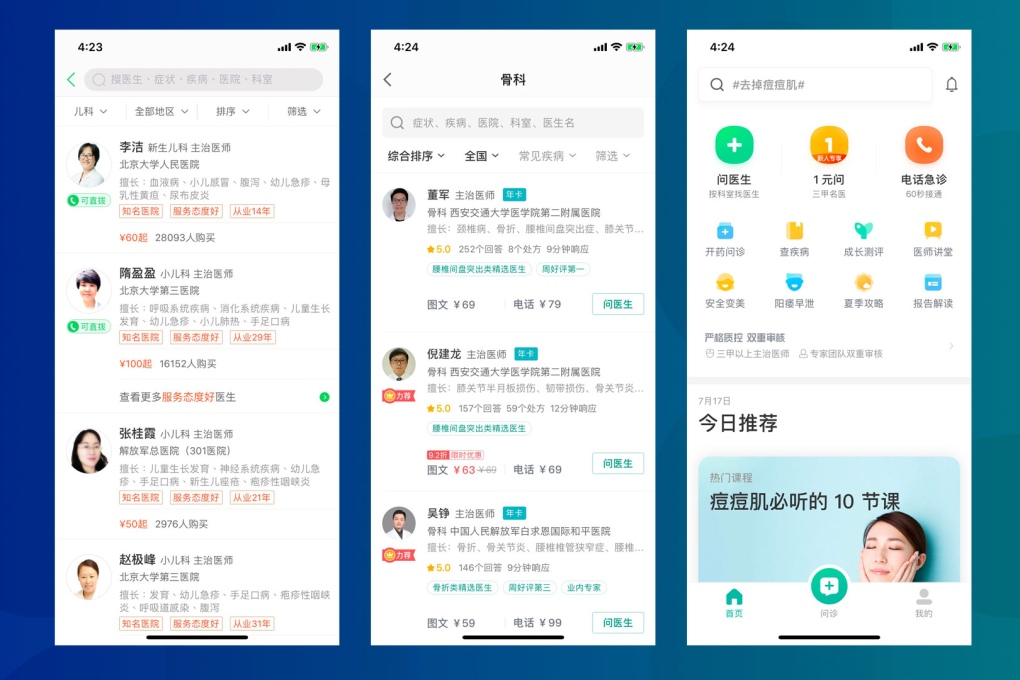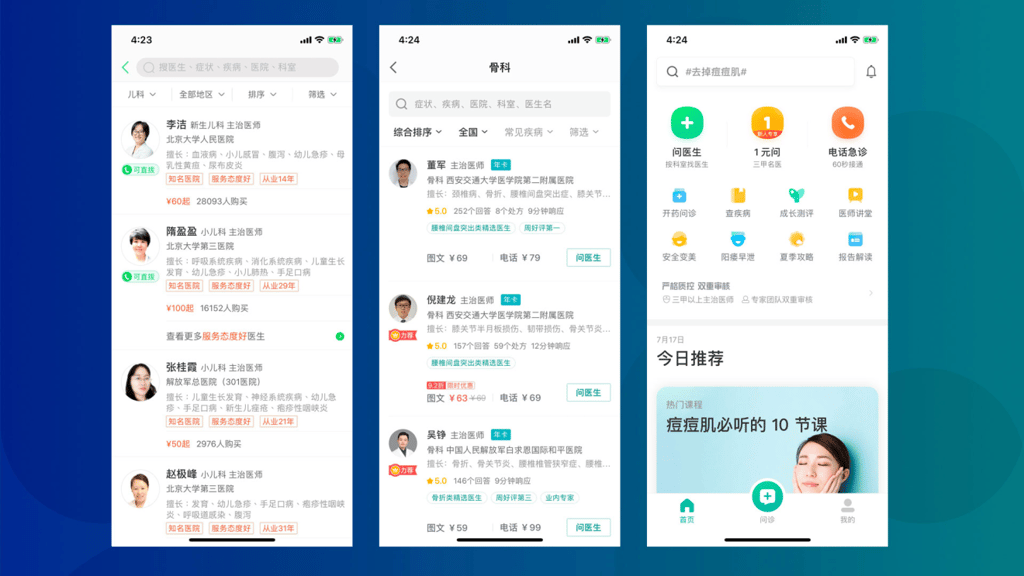Apple settles App Store dispute after outcry from digital doctor apps
Developers in China say online medical consultations are different from other in-app purchases

Update: Headline and story updated to reflect Apple’s response.
There’s a cost to selling things in iOS apps. For more than a decade now, Apple has been charging developers a 30% commission on every in-app purchase, whether it’s subscriptions or virtual game currencies. The practice has drawn its share of detractors, the latest being online healthcare platforms in China.

In the case of iOS apps, users are required to make in-app purchases through Apple’s own payment system. Popular Chinese online payment services such as WeChat Pay and Alipay are almost universally banned unless they're linked to your Apple account. That ensures Apple can take a 30% cut from all in-app transactions.
(Abacus is a unit of the South China Morning Post, which is owned by Alibaba, whose financial arm Ant Financial operates Alipay.)
Developers of medical apps in China, like Chunyu Yisheng and Dingxiang Yisheng, said Apple requested a 30% revenue cut from them even though their services are fundamentally different from the cookie-cutter products typically offered by other apps. Each medical consultation, they argued, is unique and therefore shouldn’t be lumped into the same category as game items or online courses.